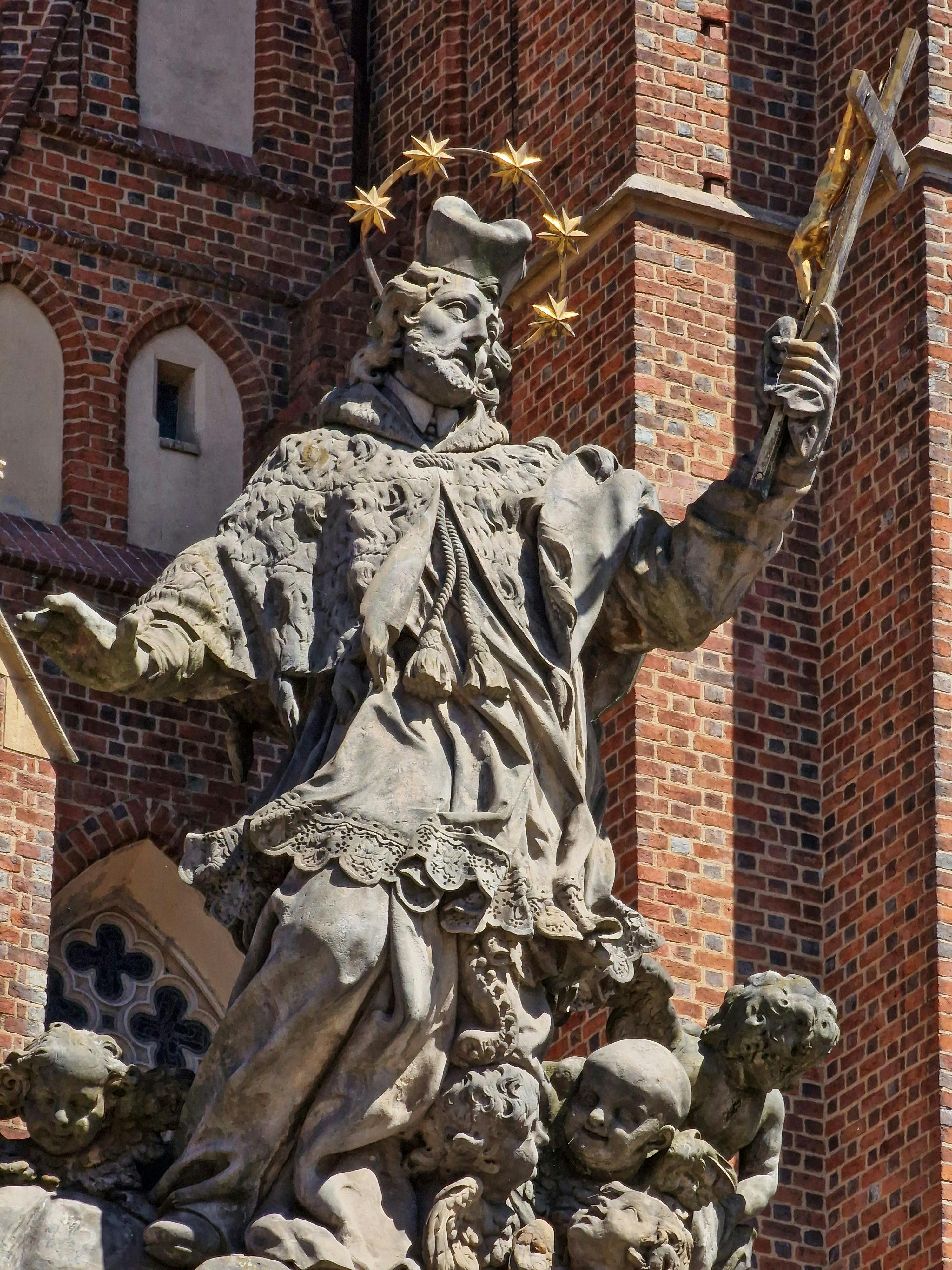The Legacy of John Mayall & the Bluesbreakers: Launching the Careers of Rock Legends

Introduction: The Godfather of British Blues
Hello, dear readers! Today, we delve into the remarkable legacy of John Mayall, often hailed as the “Godfather of British Blues.” John Mayall passed away peacefully at his home in California on July 22, 2024, at the age of 90. His influence on the music world is immeasurable, particularly through his band, John Mayall & the Bluesbreakers, which served as a launching pad for many rock legends.
Early Life and Musical Beginnings
John Brumwell Mayall OBE was born on November 29, 1933, in Macclesfield, Cheshire, and grew up in Cheadle Hulme. His father, Murray Mayall, was a guitarist who played in local pubs, which influenced John’s early interest in music. Inspired by American blues artists like Lead Belly and Albert Ammons, Mayall taught himself to play the piano, guitar, and harmonica. After his national service in Korea, Mayall returned to England, attended Manchester College of Art, and played with the semi-professional band, the Powerhouse Four. This marked the beginning of his lifelong dedication to music.
The Formation of John Mayall & the Bluesbreakers
In 1963, encouraged by fellow blues pioneer Alexis Korner, Mayall moved to London to pursue a full-time musical career. He formed John Mayall & the Bluesbreakers, a band that would become a cornerstone of the British blues scene. The Bluesbreakers gained significant popularity, particularly through their performances at the Marquee Club, and became known for featuring some of the era’s most notable rock instrumentalists.
A Launchpad for Rock Legends
One of the most remarkable aspects of John Mayall & the Bluesbreakers was its revolving lineup of talented musicians who would go on to become rock legends in their own right. The band featured over 70 members throughout its history, including:
- Eric Clapton: Clapton’s time with the Bluesbreakers, particularly the seminal album “Blues Breakers with Eric Clapton” (1966), elevated him to stardom and cemented his reputation as one of the greatest guitarists of all time.
- Peter Green: After his stint with the Bluesbreakers, Green went on to form Fleetwood Mac, leaving an indelible mark on the rock and blues genres.
- Mick Taylor: Taylor joined the Rolling Stones in the 1970s and contributed to some of their most iconic albums.
- John McVie and Mick Fleetwood: These two musicians, after their time with the Bluesbreakers, joined forces with Peter Green to form Fleetwood Mac, one of the most successful bands in rock history.
- Jack Bruce: Bruce co-founded Cream with Clapton, creating some of the most memorable music of the late ’60s.
John Mayall’s Unique Sound and Influence
Mayall’s distinctive keening, jazz-inflected tenor vocals were heavily influenced by American singer Mose Allison. His approach to blues was both innovative and respectful of the genre’s roots. Mayall was not only a musician but also an educator and inspirer, always keen to nurture new talent and push the boundaries of blues music.
Recognition and Legacy
Mayall’s contributions to music earned him a 2024 induction into the Rock & Roll Hall of Fame under the Musical Influence Award, shared with other blues legends Alexis Korner and Big Mama Thornton. This recognition is a testament to his enduring impact on the genre.

Source: eberhard grossgasteiger
Final Years and Lasting Impact
Despite health setbacks that ended his touring career, Mayall continued to perform well into his 80s, with his final show taking place at the Coach House in San Juan Capistrano in 2022. His song “Room to Move” remained a staple on FM radio in the early ’70s and was a highlight of his final concert.
Mayall is survived by his six children, seven grandchildren, and four great-grandchildren. His family expressed their gratitude for the support and love from his fans and numerous band members over the past six decades. His legacy as a tireless educator, inspirer, and entertainer in the world of blues music will be remembered and cherished.
Closing
John Mayall’s legacy is marked by his profound influence on the British blues movement and his role in nurturing some of the most famous blues and blues-rock musicians. His innovative approach to music and dedication to the craft have left an indelible mark on the industry. As we remember John Mayall, we celebrate a life dedicated to the blues and the countless musicians he inspired along the way.
Thank you for reading, and let’s keep the spirit of the blues alive!
